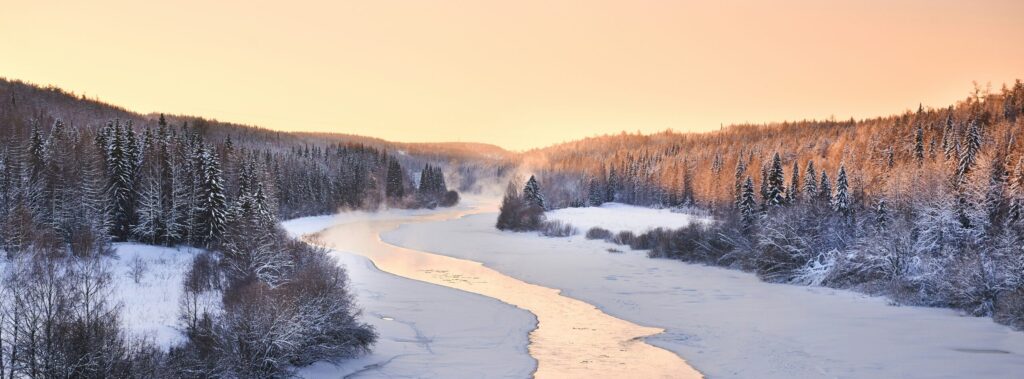The Daily Telegraph warns that global warming could send anthrax rampaging out of Siberia, not to mention smallpox, Spanish flu and “’paleo-pathogens’—prehistoric diseases that humans may have never encountered” from the woolly mammoth tusk trade. The story cites Vladimir Putin’s “alarming trend” that Russia is warming 2.5 times faster than the rest of the world (we’ll see Canada’s twice and raise you a half). Nothing the story frets about has happened, or may ever happen. But why wait?
As is too often the case, the story is full of speculation rather than news. So we learn that permafrost in Yakutia is hundreds of feet deep and the part that regularly thaws, already several feet deep, is getting deeper by “one to five centimetres a year and even more in urban areas”. So the cracking of buildings also reported probably owes a lot to the “urban heat island” even in Yakutsk “the coldest city on earth with temperatures that can drop below -60C in the winter.”
Why should humans be especially vulnerable to diseases that didn’t evolve to attack us? Normally the worst problem is pathogens that have taken advantage of repeated exposure to adapt to human hosts, from amoebas in irrigation to bacteria in animal husbandry to viruses in cities. But when it’s climate change, the normal rules don’t apply.
For instance while anthrax is regarded as a terrorist weapon in the West, in Russia it’s called “Siberian plague” because it used to be common there. Before warming. Or at least the man-made kind. The last outbreak in the Yamal region before a 2016 episode loudly ascribed to climate change was in 1941, which doesn’t really suggest that warming is a major factor or we’d have more than one in the last half-century.
Mind you the Telegraph insists that in Yakutsk “A 2011 study found there had been more anthrax outbreaks in districts where warming was the greatest, killing 21 people between 1949 and 1996.” But if manmade warming kicked in around 1970 and got serious around 2000 there’s a timing issue here. Supposedly the threat is that mass reindeer graves from previous anthrax outbreaks will thaw. But there’s just something fishy about a claim that global warming will cause outbreaks of a disease that has lain dormant during the warmer latter 20th century after being very common when it was colder.
The story also warns that snowfall has been increasing in Yakutia further melting the ground. No, really. See “precipitation has increased in 70 per cent of Yakutia since 1966. That thickens the blanket of snow that insulates the ground from the cold air, exacerbating the thaw.” The cold air? Isn’t it meant to be warming? But never mind. If there was less snow that would be proof of global warming, even as increased snowfall is also caused by climate change and it’s bad either way because all effects of climate change are bad and all bad effects are climate change.
Well, nearly. The Telegraph story actually mentions that warming is making the area more hospitable for humans and that Putin announced “a new Arctic development strategy” involving tax breaks and ice breakers to take advantage of the welcome warming. Almost as if cold was bad. But no. Here come the spores including, apparently, from old Soviet biological warfare facilities; the story starts by hyperventilating about that risk in a new skate park in an abandoned lot in Yakutsk where… nothing happened.
Indeed, the whole story is about nothing happening. It merely says Yakutsk is “seeing the start of warming that could lead to the destruction of infrastructure and the revival of dormant diseases across the north, even as more people arrive to man new military bases and oil and gas facilities.” And for good measure throws in a bunch of “methane bombs” which if they thaw “could profoundly speed up climate change.”
Could. Could. Thud.
Aren’t news stories supposed to be about things that did happen?



So, Canada and Russia are large, land-based nations. The rest of the world is about 75% water. Land warms up more quickly than water, so of course during a warming trend, Canada and Russia will warm up faster than the rest of the world. It's simple physics, to borrow a phrase, not anything to be alarmed about.